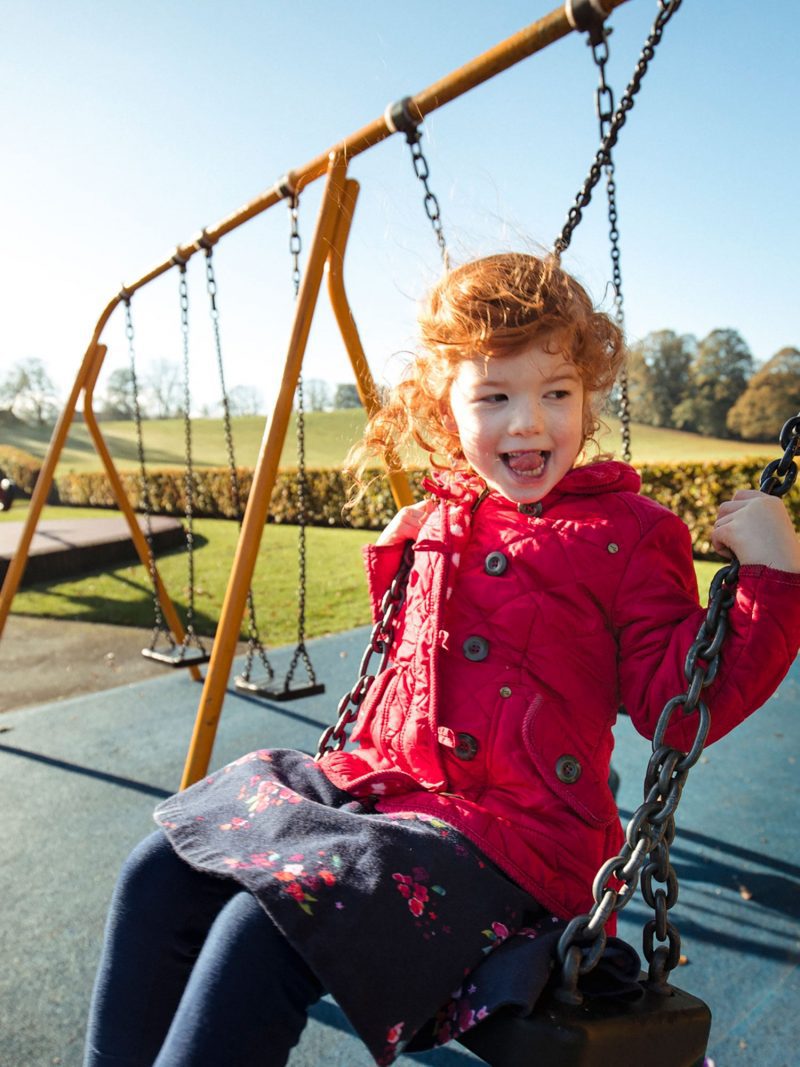A well-functioning justice system protects rights, resolves disputes, and provides redress. It is essential for public trust and confidence in the institutions of State, and as a platform for the services and interactions that support everyday social and economic life. As such it matters to us all, whether we have direct contact with it or not.
But currently the Justice system faces many pressures. In practice it can be inaccessible, and many people do not feel they are equal before the law.
There is a pressing need for high-quality research that can show how the justice system could work better for everyone and especially to improve outcomes for people seeking to resolve legal problems and exercise their rights, by enabling evidence-based change.
Our overarching priority is addressing issues of law and justice that have the most significant effects on the opportunities and social well-being of vulnerable and disadvantaged people – and in particular, understanding the needs, experiences, and perspectives of those in contact with the justice system, as well as the consequences of that contact. Exploring how and where the operation of the justice system interacts with other areas of social policy to impact upon people’s wider life chance is also an important element of our interest. Children and families are a particular area of focus, and we work closely with Nuffield Family Justice Observatory. Uniting all our work is a strong focus on impact.
Why justice needs research
-

The justice system is facing significant pressure and change. The COVID-19 pandemic has created further delays and case backlogs, exacerbating existing problems arising from the effects of large budget reductions over the last decade. At the same time, ambitious reforms of courts and tribunals are changing how the justice system operates and is accessed. Research is needed more than ever to examine the scale of the challenges facing justice, identify and test possible solutions, and understand how those involved with the justice system will be affected.
-

The number and type of people involved with the justice system varies over time and jurisdiction – for example, the number of children entering the youth justice system has been falling for many years, while the number in care or involved in private family law proceedings is on the rise – but generally it is more likely to be those facing some form of socio-economic disadvantage who become involved with the system. Research is vital to understand how that involvement might impact on people’s wider wellbeing and life chances.
-

There is a thriving socio-legal research community, yet the evidence base in many areas of justice remains relatively thin. Policy and practice need a more extensive body of research evidence to draw upon, but also a stronger culture of using data and research in the justice system. We want to support more research exploring justice-related issues through a variety of different lenses, to expand the diversity of the people, disciplines, and topics that we fund, and to ensure that a wider range of perspectives and experiences are represented in our work.
What do we fund in justice?
We define justice broadly, supporting research that looks both at, before, and beyond the workings of courts and tribunals. This includes people’s journeys towards the justice system and the outcomes arising from the decisions made about them. At the core of our interest are the needs and experiences of people in contact with the justice system in any way. Across jurisdictions and topics our key thematic interests in justice are:
- Access and participation
- Decision-making and fair process
- Disparity and inequality
- Outcomes and effectiveness
- Trust and legitimacy
- Connections within and beyond the justice system
We are interested in research exploring aspects of these themes across a range of subjects and jurisdictions although we give particular priority to the following areas:
- Family justice, and wider links with child welfare both in public and private law. We have set up the Nuffield Family Justice Observatory to support better outcomes for children and families in the family justice system in England and Wales by putting use of data and research evidence at the heart of decision-making.
- Youth justice, particularly the factors that lead to young people entering the criminal justice system and interventions that might both prevent this in a fair and effective way and respond to their needs.
- Social welfare and justice, especially how people address their needs or disputes about social welfare (including benefits, debt, housing, immigration, and special education provision) including getting initial advice, and challenging administrative decision-making


















